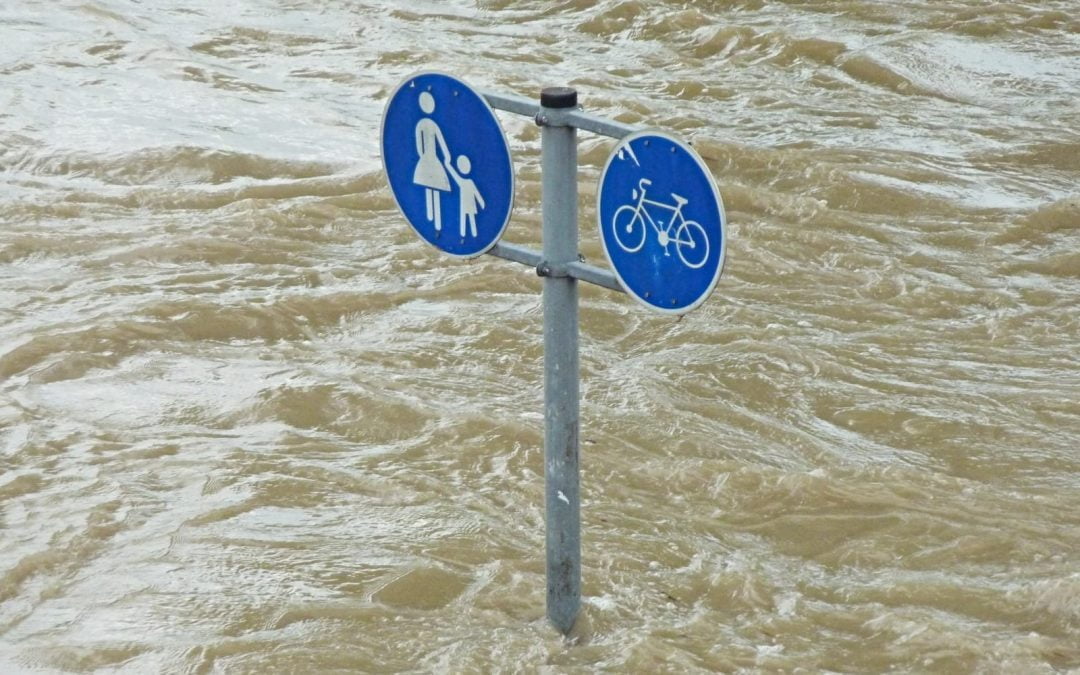More than a decade ago, in the middle of the 2008 financial crisis, the annual John Ray Initiative (JRI) conference was, not surprisingly, somewhat sidetracked by the implications of that crisis for the environmental movement.
Somebody (not one of the main speakers) suggested that the time had come for new economic structures now that the old ones had so signally failed, and that these could be designed to address the environmental crisis. This was largely ignored, indeed at one point specifically repudiated.
The way ahead, it was claimed, was to work through the existing structures and to use them to obtain an increasingly green agenda.
To this end, there was much talk about the importance of the upcoming Copenhagen conference.
Now, it is no secret that the Copenhagen conference was a bit of a failure. But did JRI thinkers, and indeed everybody else, ever really return to the debate and indeed is “debate” the right word? I think even then we knew what was needed. But has anything much changed?
The same agenda that ought to have been applied in 2008 is still the one we need now.
We need an end to economic growth and a move toward a balanced economy, an economics within the regenerative capacity of the planet. We need radical changes in our attitudes to work, money and business.
We need better ways of measuring prosperity and happiness, better thought-out trade patterns, less globalization and more localism; more sensible taxes; a new welfare system; a new attitude to land and the built environment and so on.
In brief, we need what Molly Scott Cato called “green economics” within a new politics.
Jeremy Seabrook puts it this way: “Thus, it is that all mainstream political parties now advocate an alternative agenda. The trouble is, they try to implement it by means of wealth-creationism, the dogma that has brought the world to this pass. Anything, rather than recognize the existence of a socialism which, no longer dependent on its capitalist progenitor, possesses an emancipatory power still untried in a world of waste and want.”
He continues, “More radical than Marxism or the miserable contortions of an exhausted Labourism, it bases itself on wealth defined by the limitless forms of free exchange, gifts, services voluntarily performed by people out of compassion and fellow-feeling, all the mercy, pity and tenderness unenclosed by the invasive market, qualities which are, and always have been, the source of true riches.”
Let me also mention what will not work in our attempt to save the planet. What will not work is what I call the “leaving it to” syndrome.
We cannot leave it to the scientists. There is no techno fix, no magic bullet. If we do not have the political will, if we do not change our attitudes, no amount of clever technology will save us.
We cannot leave it to corporations. No amount of “greenwash” can hide the fact that they are part of the problem rather than the solution.
By their very constitution, they are committed to growth, indeed growth at all costs. Only force, legal or otherwise, restrains them.
We cannot leave it to governments. Think of what happened at Copenhagen. There have been better moments since – Paris 2015, for example – but the fact remains that at the end of 2018, we are still pumping unacceptable amounts of carbon into the atmosphere.
Though, ultimately, we cannot ignore the exercise of power, the world governments (East and West, North and South, democratic and undemocratic, small and great) seem at present too timid, too narrowly focused on their own interests, too bureaucratically encumbered, to get the job done.
So, if we know what we need and know what does not work, how do we get from here to there? Here are some initial suggestions:
- Start talking up disaster. We are too near the precipice edge to worry about being tactful.
- Concentrate on ideologies and attitudes rather than technologies. There is a crucial theological battle to be won here.
Quaker Douglas Gwyn speaks about “the apocalypse of the word” in his book by the same title. “The apocalypse of the word is the only power in the world more powerful than the atomic, ecological and/or genetic apocalypses we now face,” he says.
- Stop supporting the present political system. For example, try to vote for a party that genuinely wants to take the political crisis of environmental inertia seriously.
- Refuse to do business, as far as is humanly possible, with the big corporations. We do not need to make distinctions here. Local is best. This will have huge and perhaps painful effects on our lifestyle, but that is what this is all about.
- Get more and better information about green economics. Learn what an alternative economics looks like. Do not by any means accept the “there is no alternative” line of argument.
We can learn to do a better job of organizing our lives – the way we eat, the way we work, the way we travel, the way we holiday, the way we handle money and pay our taxes, the way we exchange and so on.
When I say “we,” I do not mean just environmentalists but rather, “we” as a society, a world.
Editor’s note: A version of this article first appeared on the John Ray Initiative’s blog. It is used with permission.
Jonathan Ingleby is a former lecturer in Applied Theology at Redcliffe College, Gloucester. Previously, he worked in education for more than 20 years in India. He lives in Gloucester and is active in local environmental politics.


